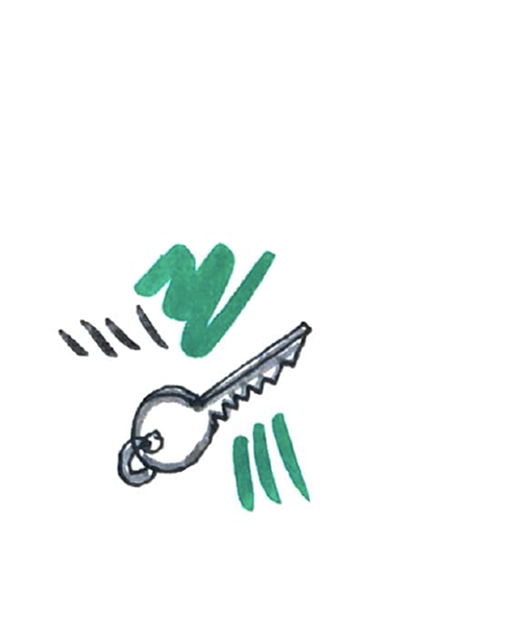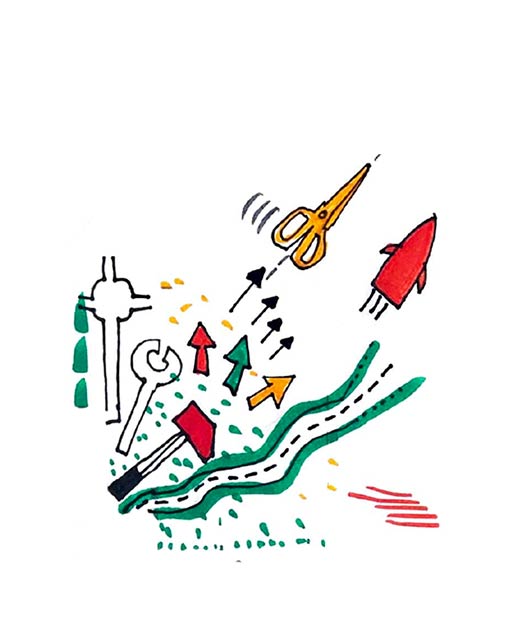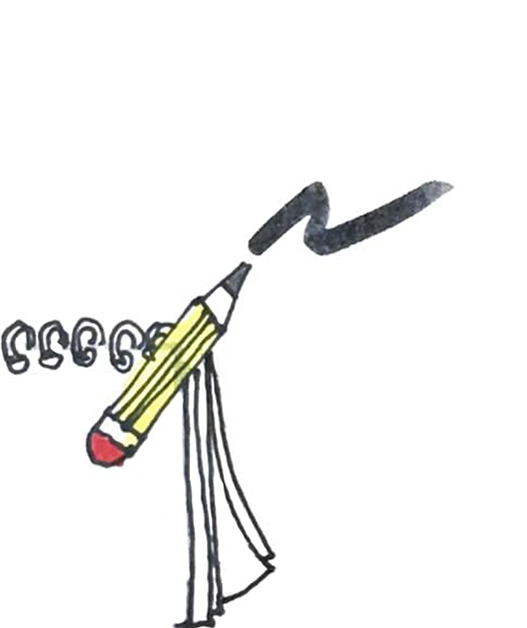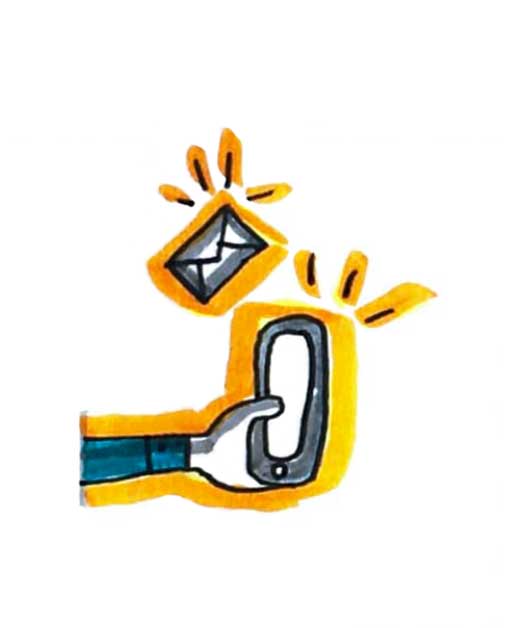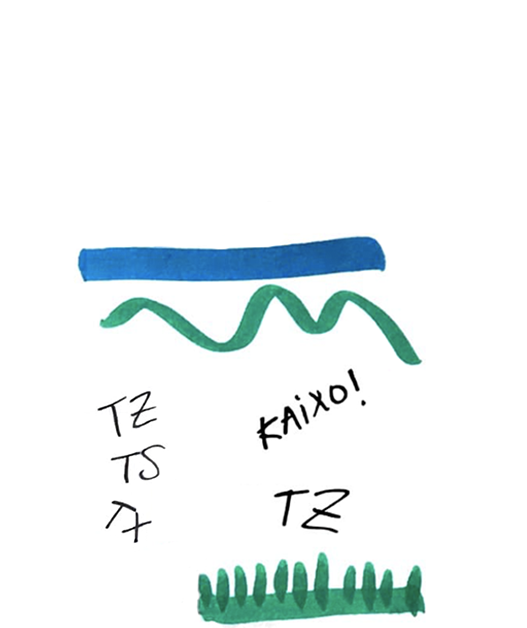How to motivate teams remotely. Does your team have the pajama syndrome?
2020 has brought, for the first time in recent history, this situation where we have been forced to work from home.
A lot of people juggling kids at home, working after hours, managing the stress that uncertainty creates... If you manage a team, you should know that in these unstable circumstances, your team needs you more than ever.
El llamado «síndrome del pijama» era algo que antes solo ocurría en el mundo freelance, en algunas profesiones que se decía que no necesitaban socializar para trabajar. Gente que hacía su jornada desde casa en soledad frente al ordenador y a la que vivir todo el día en pijama, en realidad, les afectaba negativamente y les provocaba apatía, desmotivación…
If you have ever -since you have been teleworking- wondered if something similar is happening to your team, I share with you the following reflections that aim to work betterv with your people in these moments and in the ones to come.
Motivate teams: 3 simple strategies to do it remotely
1 – Make video work calls, but also others that act as coffee breaks.
¿Para qué? Es cierto que, como seres sociales, al teletrabajar durante periodos largos se pierde la energía de equipo, la gente se echa de menos y necesita tener relación con colegas de la oficina. Quizás conviene optimizar las videollamadas de trabajo, reducirlas y hacer aparte, en otro momento, un «café online» entre la gente del departamento, para encontrar un espacio ocioso y compartir de forma relajada, mitigando las ganas de verse.
2 – Guide without directing.
At this time, as obvious as it may seem, you have to keep in mind the strategic plan or, at least, some guidelines. In this uncertainty, your job is to guide without directing, to say where the company is and where you are heading- even if you don't know exactly where you will end up or how you will get there. Sharing with your team the direction of the company is vital because it gives security. And listening to ideas and input can be a way to motivate and gather valuable suggestions and needs.
Sharing with your team the direction of the company is vital because it gives security. And listening to ideas and input can be a way to motivate and gather valuable suggestions and needs.
3- Foster a nice atmosphere.
Being supportive people at sensitive times can be the key to maintaining a good atmosphere despite adverse circumstances.
Often we do not know the personal circumstances of those who work in your circle. Humanize, empathize and listen should be your mantras.
The boundary between personal and professional life has blurred. Maybe pajama syndrome can be cured with good humor. Maybe your team doesn't have that funny name syndrome but needs clarity, empathy and flexibility from you.


